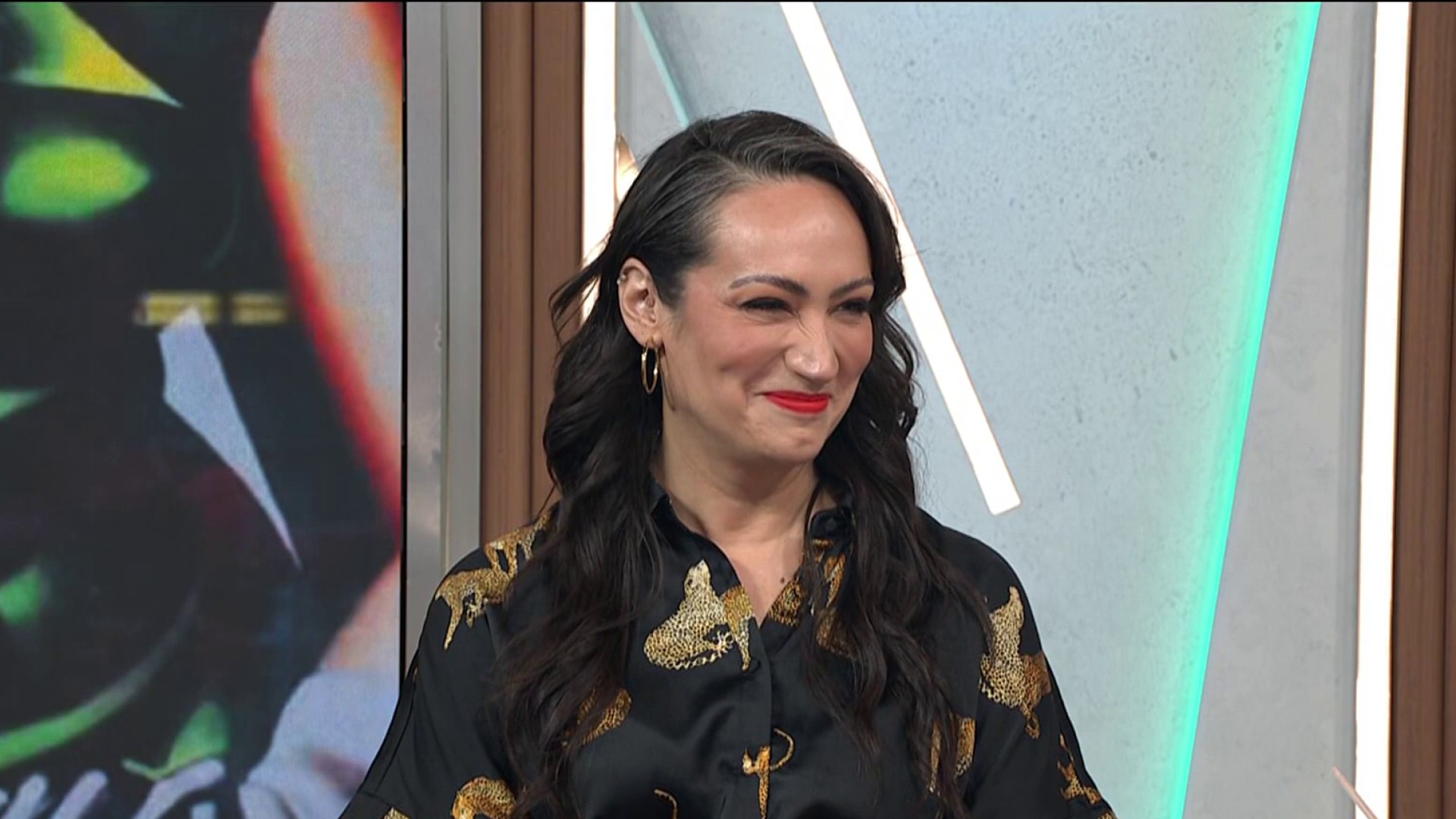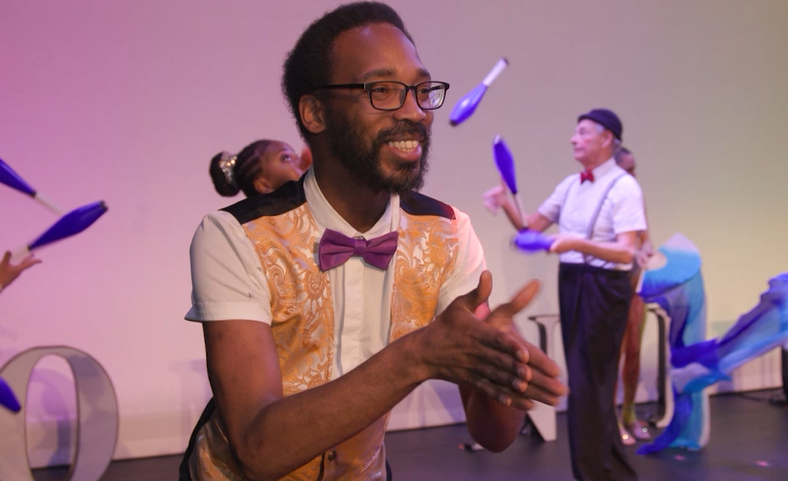If Nathan Lane didn’t exist, playwright Douglas Carter Beane would have had to create him. It’s tough to think of another entertainer capable of the range of moods required to play Chauncey Miles, the swishy, self-possessed and self-loathing burlesque actor at the center of “The Nance," which is in the midst of a summer-long run at the Lyceum Theatre.
Beane, also represented on Broadway this season with “Rodgers and Hammerstein’s Cinderella,” wrote “The Nance” with the charismatic Lane in mind and revised it over many years in tandem with the actor, who has received a Tony nomination for the role (one of five earned by the Lincoln Center production). Directed by Jack O’Brien (“Hairspray”), "The Nance" is a mix of era-defining comedy and heartbreaking tragedy, with a resolution that will leave you rattled.
The play’s title refers to a stock 1930s vaudeville character, an effeminate gay man routinely featured in burlesque sketches. At the time, the nance (short for the pejorative “nancy boy”) was usually played by a heterosexual performer. But Chauncey, the nance at the center of Beane’s play, is a gay man, and a Republican at that.
Though Chauncey and Ned discuss the form when they meet, it’s not until after a one-night stand that Chauncey, with all his intimacy issues, reveals he’s one of the premier players in the business. As the men delicately settle into a monogamous relationship, Ned befriends Chauncey’s colleagues at the Irving Place Theater, who include straight-man show manager Efram (the nuanced Lewis J. Stadlen, one of Lane’s successor’s in “The Producers”) and bombshell Sylvie (Cady Huffman, Lane’s “Producers” co-star). Andréa Burns (“In the Heights”) and Jenni Barber add delightful support as two of the other performers in the variety show.
“The Nance” is a glimpse at life as a gay man in New York. At the Irving, the talk is about which burlesque houses have been targeted by Mayor Fiorello LaGuardia and his morality-driven commissioner of licensing, and what Chauncey and his pals might do to stave off the interference. Chauncey is not one to tone down the lewdness in his act, and his refusal to keep himself in check is what drives the plot into its fraught second act, where there are professional and personal prices to be paid for boldness.
Beane resists the urge to portray burlesque as anything inappropriate. It’s easy to imagine wishing you were working in some fashion with Chauncey and his coworkers, because of their camaraderie and affection for their craft; they are providing a form of escapism, albeit one that tends to attract men “to the balcony,” for illicit liaisons. The most comedic parts of the play are the burlesque performances sprinkled throughout, which give us a hyped up Lane delivering campy one-liners like this one, in which Chauncey is ostensibly discussing hymns: “I like to play the organ. I love, love, love when the organ swells.”
Lane’s performance is marvelous. You wish you were a mind reader and could deduce what the actor is thinking while performing these routines. His raised eyebrows and withering glances speak volumes, both when he’s in character at the Irving Place, and in his intimate scenes with Jonny Orsini who plays Ned, a naive conquest whom Chauncey picks up at the Automat.
Broadway
Orsini is likable as Ned, the boy ingenue from Buffalo who’s abandoned his wife and come to the dangerous city in search of a more honest existence. It’s nifty that Lane, for all we know of his work, finally gets to be in a love story. The major issue I had accepting Chauncey and Ned as a couple was in believing that Ned, someone of such optimism, would stay with a man of contradictions whose bitterness is forced from hibernation as the story veers toward its conclusion.
John Lee Beatty’s revolving set allows us to see the Irving Place Theatre both as an audience member and, when it turns at a 90-degree angle, as voyeurs to the backstage conviviality. It also rotates to reveal Chauncey’s cluttered apartment, where the group gathers to discuss a walkout intended to preserve the sanctity of burlesque houses (“Honest Tease is the best policy!!” reads one of the protest signs).
In “The Nance,” Beane argues we are capable of opening up when a positive force enters our lives, but just as capable of shutting back down. In a fit of disgust (or a moment of clarity?) Chauncey tells Ned: “I want to be used and discarded, because it’s what I like.” That feeling of worthlessness is a sentiment Chauncey has battled his whole life, and this is really a play about a strong man ahead of his time in some ways, but weighed down by loathing and self-pity in its most base and raw forms. Lane’s best accomplishment in “The Nance” is portraying someone who can’t accept the thought of being loved, though it’s the thing he desires most.
“The Nance,” at the Lyceum Theatre, 149 W. 45th St., through Aug. 11. Tickets: $37-$132. Call 212-239-6200, or visit Telecharge.com.
Follow Robert Kahn on Twitter@RobertKahn



